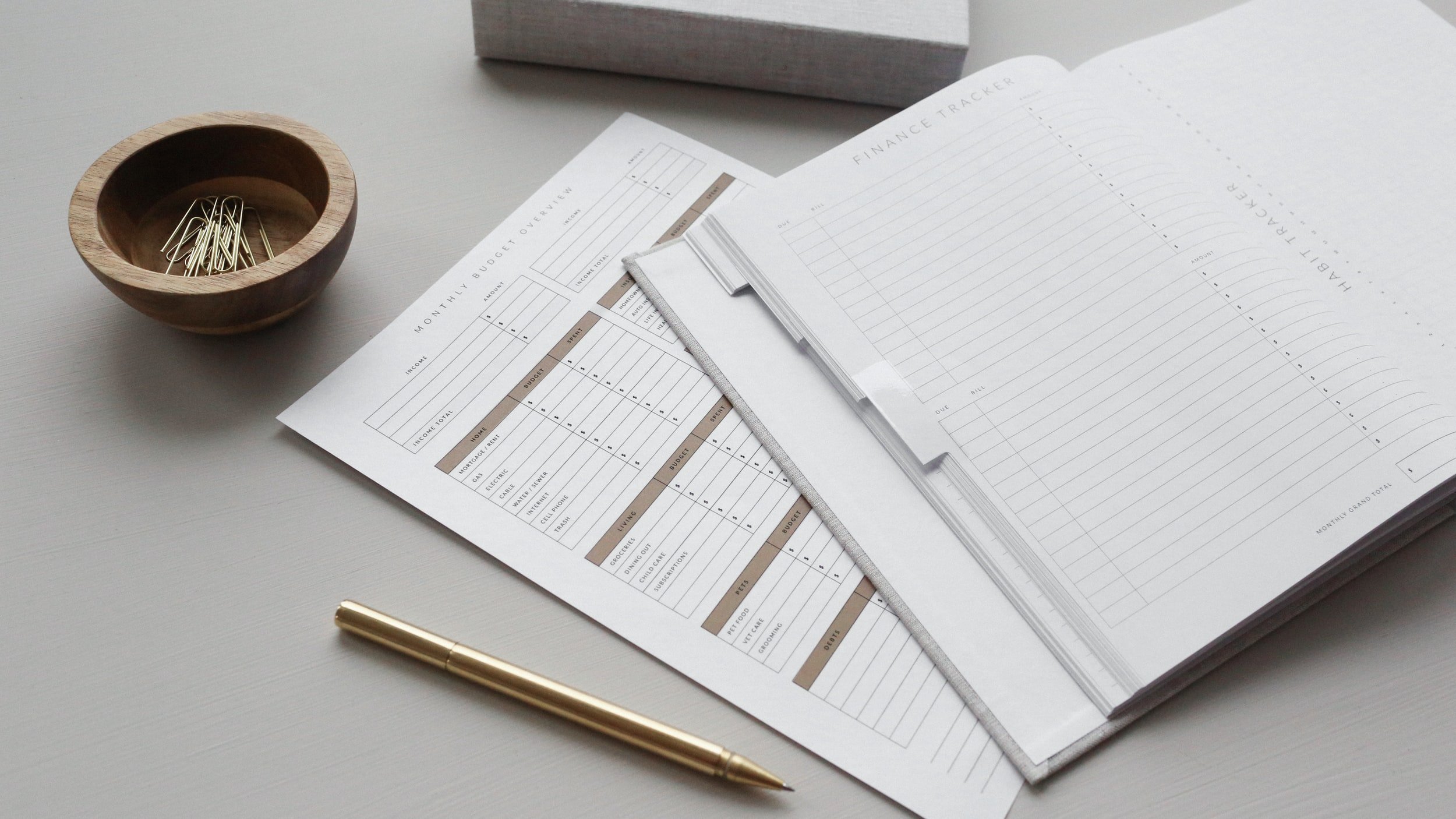How to Use the Verb WISH
Are you ready for a quick lesson on how to use the verb wish?
Generally speaking, we use the verb wish:
to talk about a situation we want to be different,
to express regret about something we did or didn’t do,
to complain about other people’s behavior.
Though the meanings seem straightforward, the choice of tenses may be a bit confusing when using the verb wish in a sentence.
For instance, if I say, “I wish I was on the beach” while I’m at work, I’m talking about the present time, even though we’re using the past simple tense in the structure.
But don’t worry! You’ll learn more about this point later in this article.
For now, it might help you to know that sentences with wish follow a similar structure to some types of conditional clauses and/or some modal verbs in the past.
The trick is learning to use the structure that will convey your intended meaning. And to help you out with that, today we’ll cover:
How to express wishes about the present.
How to express wishes about the past.
How to use wish + would.
How to use wish + could.
How to use wish + infinitive.
How to use wish + indirect object + direct objects.
The difference between wish and hope.
It won’t be long before you master it. Let’s get to it!
Teaching English Just Got Easier…
Save hours of time with an organized collection of high quality, easy-prep ESL lesson plans and worksheets right at your fingertips!
How to Use THE VERB ‘WISH’ in English
Wishes about the present
Who hasn’t longed for some beach time while stuck at work? Or a fun night out with friends during those brutal exam weeks?
I’m talking about that feeling you get when the last day of the holidays comes and you dream about them being longer.
How do you express this in English?
You can use wish + the past simple/continuous to communicate your desire for a present situation to be different.
For example:
I wish I had the time to hang out with my friends. (= I don’t have the time to do it right now.)
By using the past continuous, our desires can also refer to the future, as in this example:
I wish she was coming to my party this weekend. (= Unfortunately, she isn’t coming)
With the past continuous, we also get the idea that the speaker wants to be doing something different at the moment of speaking:
I wish I was traveling right now. (= I’m not traveling.)
But remember that despite this form, the intended meaning has nothing to do with the past. We use it here to distance our language from reality.
You’ll find a parallel meaning of this use of wish in conditional clauses (if + past simple, would + base verb) when talking about current situations that are imaginary. Compare,
I wish I had the money to buy a bigger house.
If I had the money, I would buy a bigger house.
NOTE: When talking about wishes, you can also use were for the first person and the third person singular (i.e., he, she, it). So you could say,
I wish I were taller. Or,
I wish I was taller.
Keep in mind that were is more common in formal writing.
Wishes about the past
What happens when we do something and then feel sorry about it?
To express a wish for a past situation, the structure is wish + past perfect.
I wish I had known you were in town to ask you out for dinner. (= I didn’t know you were in town so I couldn’t invite you.)
I wish I hadn’t talked to you that way. I’m sorry.
And as you can see, the tone is that of regret. This meaning can also be expressed with some modal verbs in the past.
I wish I hadn’t eaten that much. My stomach is killing me.
I shouldn’t have eaten that much!
In both examples, I regret the fact that I ate that much (something that happens quite often to me, I must say.)
How to use wish + would
Let’s say your roommate is making too much noise and you need to study. Or your friend asks you for advice but never really considers it. And on top of that, your boss keeps calling you after your shift is over.
How would you express your annoyance over these situations?
Well, when you’re dissatisfied with a current situation or somebody’s behavior, you can use wish + would to put it into words:
I wish my boss would stop calling me after working hours. (= It bothers me that he calls me after working hours)
I wish you wouldn’t play the music so loud. (= Please don’t play the music so loud.)
In the context of an argument, this structure makes it clear that the speaker is irritated or very annoyed with someone’s behavior.
I wish you would shut up for a minute!
Needless to say, this last example will come off as rude, so be careful when using it.
How to use wish + could
For wishes about the future, we can use wish + could:
I wish I could get a new car soon.
I wish she could travel with us.
In the last example, we understand there’s a reason that prevents her from traveling. (It might be her work schedule or the cost of the tickets).
Let’s look at another example,
I wish I could help you. (= There’s nothing I can do to help you.)
How to use wish + infinitive
The infinitive (to + verb) can also follow wish to mean want. Using wish in this sense is very formal:
I wish to talk to the manager, please.
I wish to set up a meeting to discuss this issue in detail.
How to use wish + indirect object + direct object
We use wish in set phrases (with two objects) to say that we hope good things will happen to people. Here are some examples:
I wish you the best with your new job.
We wished her a happy birthday.
The difference between wish and hope
These two verbs can be confusing because their meaning is quite similar. However, they’re not the same.
First of all, with hope, our desire for the future is likely or possible to happen:
I hope she passes the admission test.
I wish she passes the admission test.
Whereas with wish, we usually want a change for an unlikely or impossible situation:
I wish I was/were younger!
Secondly, the tenses that follow the verbs are also different.
We use hope + present simple for future desires:
I hope you feel better tomorrow.
I wish you felt better tomorrow.
And we’ve seen in this lesson that wish takes the past simple/continuous after wish:
I wish I had more time.
I wish you weren’t leaving tomorrow.
And lastly, wish can express regrets about the past using the past perfect.
I wish I had listened to your advice.
I hope this article helps you express your wishes confidently and accurately. If you have further questions, don’t hesitate to leave me a comment!
About the Writer
Sol is an English teacher and a self-professed grammar geek. As a writer for In English With Love, her mission is to create content that will help encourage and inspire English learners.















